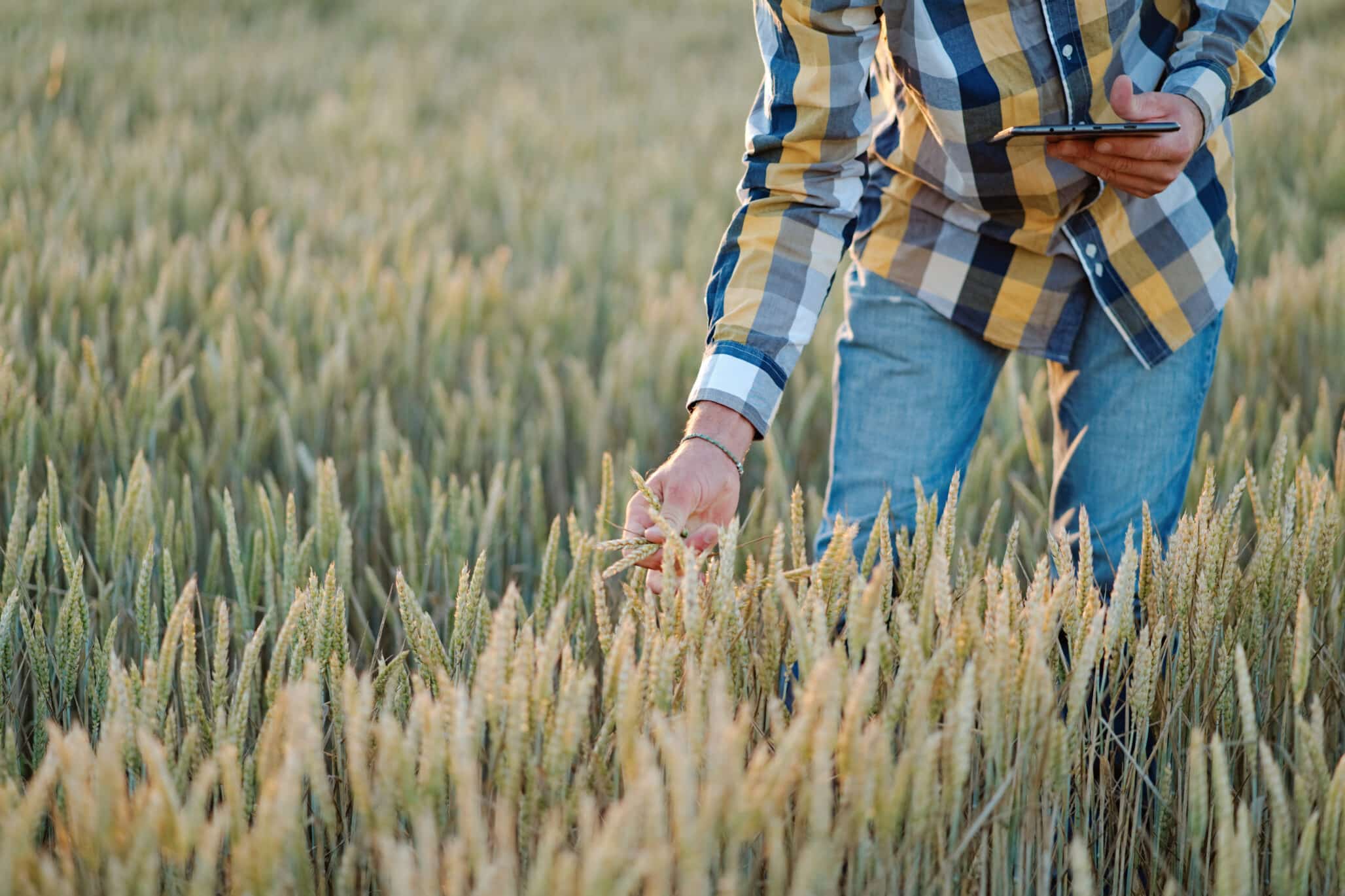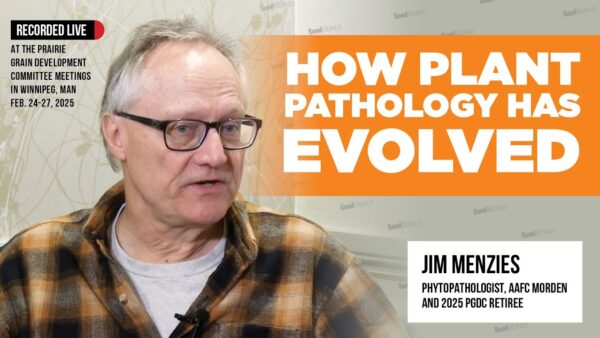The International Seed Federation (ISF) sent a letter out to members today calling for more information from both national and regional seed associations and companies about the movement of seed during this time of crisis. They write:
We are all facing an unprecedented situation and learning to cope with the current human health crisis “SARS-CoV-2” and the disease it causes “coronavirus disease 2019” (COVID-19). It was not an easy choice to postpone the ISF World Seed Congress 2020 and to not hold such an important gathering this year, but the only responsible thing to do is join the global community in supporting measures to prevent further spread of the virus.
In a statement released last week, the International Seed Federation (ISF) sought the support of governments to facilitate the international movement of seed under the COVID-19 crisis and not to impose restrictive measures to avoid disrupting the agriculture supply chain.
Many countries are taking public measures and we were informed that several of them have classified the food and agriculture sector as “essential” to allow the continued movement of goods, and to allow the employees to continue their work. More important than ever is our engagement and proactive work to ensure that seed is available for the upcoming planting season and also to ensure seed production.
As you know March and April are the most critical months for the sowing of spring crops (maize, sunflower, soybean, canola, spring wheat and barley, open field vegetables etc.) in the northern hemisphere and autumn crops in the southern hemisphere. If farmers miss this window because seed is not delivered to the fields in time, the result would be serious food and feed shortages in the second part of the year. This is a situation that we cannot afford in these already volatile times.
ISF, therefore, stresses the importance of a secure seed supply. As reported by the Food and Agriculture Organization of the United Nations (FAO) border closures, quarantine, transport restrictions and trade disruptions can reduce availability and access to a great deal of variety of nutritious food particularly in countries stricken hard by the virus.
ISF will be partnering with other international organizations who represent various agricultural input sectors in an effort to keep agriculture high on the agenda of policy makers even in these difficult times; to reiterate that there is currently no evidence that food is a likely route of transmission of the virus. ISF wishes to work closely with its member associations and companies to address any issues with seed supply that may arise locally or regionally.
We would like to be as proactive as possible by making an early evaluation to anticipate the potential short and medium term impacts of the current crisis. This assessment will give us the possibility to make concrete proposals to and share best practices with international agricultural organizations and national governments on how to enact adequate policies and measures that can mitigate the impact of SARSCoV-2 on seed supply.
What we need from you is accurate, reliable and up to date information about seed supply problems that you may have or could face. Let us know if you have experienced:
- Seed shortages at country and regional level, please specify the crop(s)
- Restrictions and non-tariff measures that hinder the production and/or international movement of seeds (phytosanitary issues, import/export bans, political and economic sanctions)
- Disturbance in official controls; seed certification, seed testing (seed health and/or quality), field inspection etc.
- Any unusual events (liquidity problems, supply chain disruptions, labour movement restrictions and shortages, NGO actions etc..) that impact seed production, breeding and trade.
- Some countries classified the food and agricultural industry as (in their nomenclature) ‘essential critical infrastructure’. This means work can continue, and personnel and goods can move. The question is if you have this measure in your country and is seed part of it or not?
- Any initiative you took at the national level with the value chain or others to support the movement of seed, or any other best practices to be highlighted.
If you have any information on the above, we would highly appreciate it if you could send it to ISF through Szabolcs Ruthner, Regulatory Affairs Manager within the next two weeks. Our sector is essential, and we as association have to support our members even more in these critical times to ensure that quality seed is accessible to all for food security. ISF will continue to rally for public sector cooperation to minimize obstacles and restrictions on international seed movement, and to share with you the latest information that could affect our sector’s operations.













